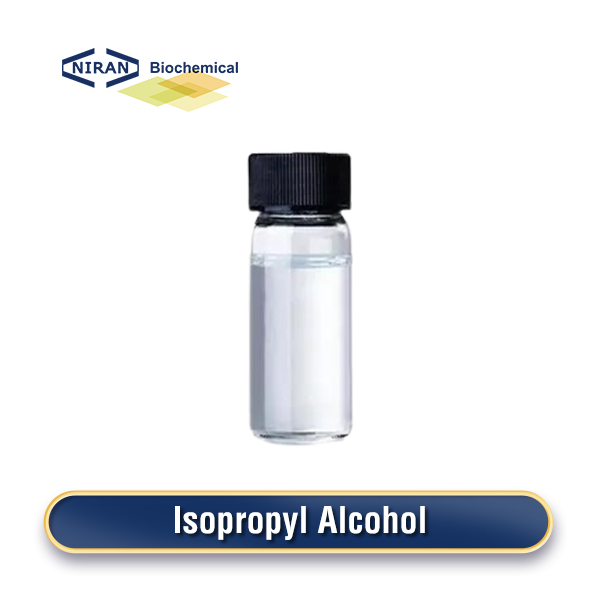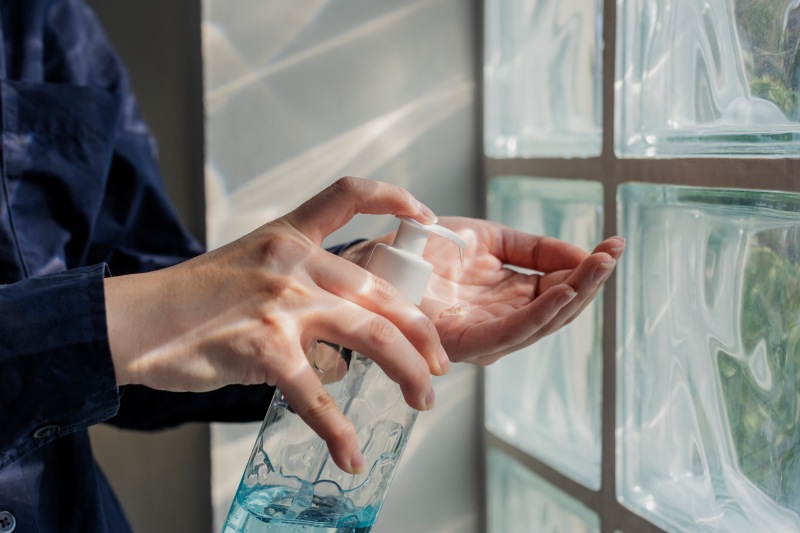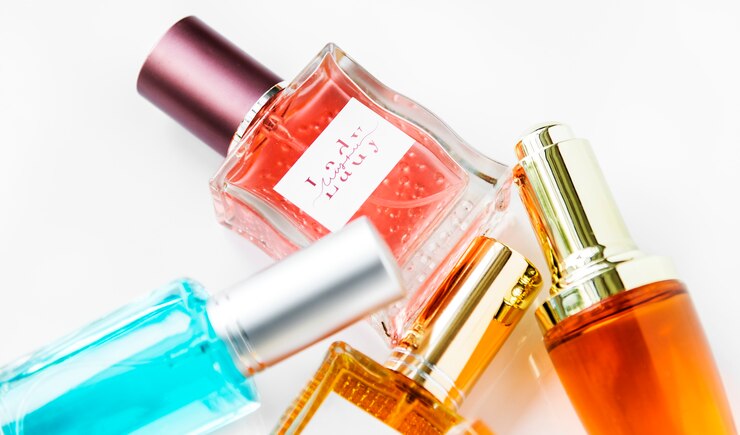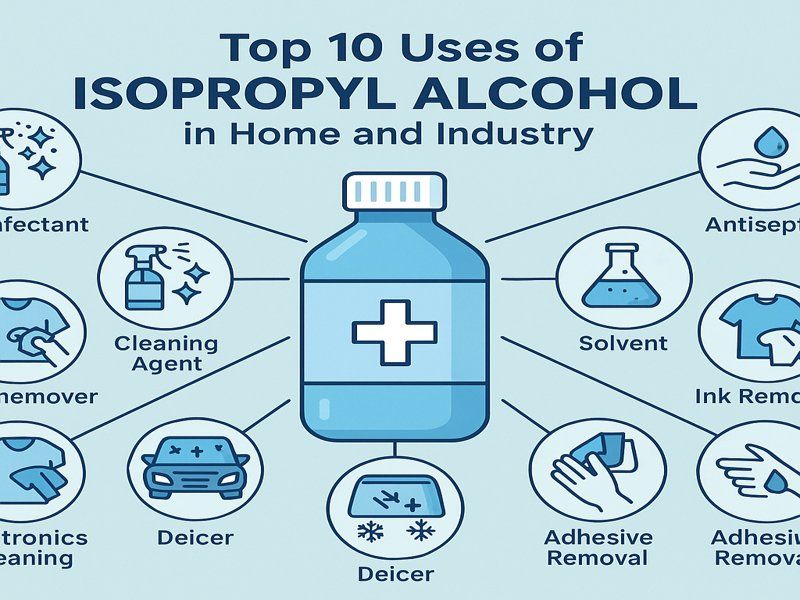Isopropyl alcohol (IPA), sometimes referred to as isopropanol or 2-propanol, is a colorless, transparent liquid that burns easily and has a strong alcoholic smell. Due to its powerful antiseptic, solvent, and cleaning properties, it has become a staple chemical in both household and industrial environments. Whether you’re a homeowner looking for a versatile disinfectant or a manufacturer needing a reliable cleaning agent, isopropyl alcohol is an indispensable tool.

Surface Disinfection and Sanitization
Home Use:
One of the most well-known uses of isopropyl alcohol in households is disinfecting surfaces, especially high-touch areas like doorknobs, kitchen counters, remote controls, and smartphones. A 70% concentration is ideal because it contains enough water to penetrate the cell membranes of microbes before the alcohol evaporates.
Industry Use:
In healthcare, isopropyl alcohol is commonly used to disinfect surgical tools, hospital beds, and operating rooms. In labs and manufacturing plants, it’s used to sterilize workspaces and equipment.
Why it’s effective:
IPA denatures proteins and disrupts cell membranes, making it a powerful, broad-spectrum antimicrobial agent against bacteria, viruses, and fungi.
Electronics Cleaning
Home Use:
Isopropyl alcohol (especially 91% or higher) is perfect for cleaning electronic devices such as keyboards, circuit boards, phones, and gaming controllers. It is safe for components that are sensitive to moisture because it evaporates rapidly and leaves no residue behind.
Usage in Industry:
In electronics manufacturing and repair, IPA is used to clean printed circuit boards (PCBs), remove flux residues, and prepare surfaces for soldering or bonding. It ensures high reliability in delicate components.
Best practice:
Use a lint-free cloth or cotton swab dipped in IPA to gently clean surfaces.
Degreasing and Industrial Equipment Cleaning
Home Use:
Isopropyl alcohol can cut through oils, greases, and sticky residues on kitchen stoves, countertops, and appliances. It’s excellent for removing adhesive labels and leftover glue.
Industry Use:
In the automotive and aerospace sectors, IPA is used to degrease machinery parts, engine components, and metal surfaces prior to assembly or painting. It is also essential in precision manufacturing industries where cleanliness is critical.
Benefit:
IPA acts as a strong solvent but dries fast, reducing downtime during maintenance or prep.

Hand Sanitizer Production
Home Use:
During public health crises like the COVID-19 pandemic, many people turned to DIY hand sanitizer formulations made with isopropyl alcohol (minimum 60% concentration) and moisturizing agents like aloe vera.
Industry Use:
Commercial hand sanitizers often rely on IPA as the active antimicrobial agent. It is widely used in manufacturing personal care and pharmaceutical products.
Regulation:
Hand sanitizers with isopropyl alcohol are regulated by health authorities such as the FDA, and production must follow Good Manufacturing Practices (GMP).
Window and Glass Cleaner
Home Use:
Isopropyl alcohol works as a streak-free cleaner for glass, mirrors, and stainless steel surfaces. Mixed with water and a few drops of dish soap, it can be used in a spray bottle to shine windows and eliminate smudges.
Industry Use:
In commercial cleaning services and automotive detailing, IPA-based glass cleaners are used to prepare glass surfaces before applying films, tints, or coatings.
Why it works:
IPA evaporates quickly and lifts oils, fingerprints, and grime without leaving water spots.
Mold and Mildew Remover
Home Use:
Isopropyl alcohol is an effective tool in treating mildew and minor mold growth, especially in bathrooms, basements, and kitchens. Unlike bleach, it doesn’t discolor surfaces and is less corrosive.
Industry Use:
In HVAC and ventilation maintenance, IPA is used to sanitize ducts, coils, and filters, preventing microbial contamination and improving air quality.
How to apply:
Spray directly on affected areas and allow it to sit before scrubbing or wiping clean.
Cooling Agent in Industrial Processes
Home Use:
While not common in household settings, isopropyl alcohol can be used in homemade cooling packs by mixing it with water in a ziplock bag and freezing it. The alcohol lowers the freezing point, creating a reusable, mushy ice pack.
Industry Use:
In laboratories and manufacturing, IPA is used in cooling baths and temperature control systems for sensitive experiments or machines that need to stay within narrow temperature ranges.
Key feature:
Its low freezing point and high volatility make it effective for heat transfer applications.
Ink and Paint Remover
Home Use:
Accidentally marked a surface with a permanent marker? Isopropyl alcohol can dissolve ink, paint, and stains from plastic, whiteboards, and even fabrics.
Industry Use:
In printing facilities, IPA is used to clean ink rollers, print heads, and press components. In paint shops, it’s used to prep metal or plastic surfaces before coating.
Pro tip:
To prevent harming delicate materials, always conduct tests in a discrete location.
Cosmetic and Personal Care Applications.

Cosmetic and Personal Care Applications
Home Use:
Isopropyl alcohol is commonly found in aftershaves, facial astringents, deodorants, and acne treatments. It helps dry excess oil and kill acne-causing bacteria.
Industry Use:
IPA is used by cosmetic manufacturers as a solvent or antiseptic in the production of perfumes, hair tonics, and nail polish removers. It ensures hygiene during product filling and packaging.
Note:
Frequent skin contact might cause dryness or irritation. Use moisturizers to maintain skin health.
Laboratory and Pharmaceutical Use
Home Use:
IPA is rarely used in home-based chemistry, but hobbyists or science enthusiasts may use it in small-scale extractions or cleaning labware.
Industry Use:
In labs and pharmaceutical environments, isopropyl alcohol is crucial for:
- Sterilizing lab equipment
- Cleaning biosafety cabinets
- Wiping down vial stoppers and syringe ports
It is also used in formulation and compounding processes where cleanliness is mandatory to avoid contamination.
Compliance:
Pharmaceutical-grade IPA must meet stringent USP or BP specifications to be used in medical products.
Safety Considerations for Using Isopropyl Alcohol
While isopropyl alcohol is extremely useful, it must be handled with caution:
- Flammable: Keep away from open flames, heat sources, or sparks.
- Irritant: Steer clear of extended skin contact and vapor inhalation.
- Ventilation: To avoid vapor buildup, use in places with adequate ventilation.
- Never ingest: IPA is toxic if swallowed and may cause serious health effects.
Follow the usage instructions provided by your chemical supplier and always read product labels.
Before use, always make sure you choose the correct concentration and purity for your specific needs – if in doubt, you can always consult us for professional guidance.

